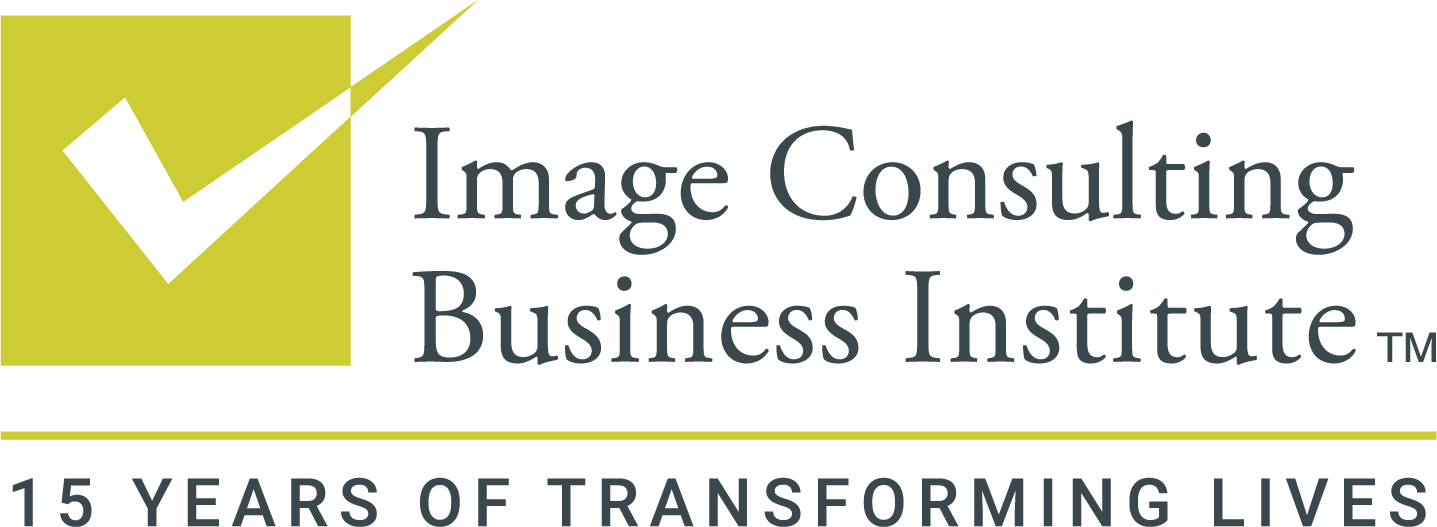What is a Leadership Coach?
A leadership coach, in simple terms, helps individuals transform into leaders. They provide you with guidance, coaching, feedback and support so that you can transform yourself with improved leadership skills and become an effective manager. Leadership coaches work across all hierarchical levels of an organisation, from the entry-level to the top-level executives. Leadership coaches help individuals tap into their underlying potential, so to speak. They allow individuals to assess their strengths and weaknesses, and help them set goals and chart paths to achieve them, while also helping them harness ancillary skills like communication, conflict management, emotional intelligence development, delegation and people management. Furthermore, they connect with people either in individual or group sessions and provide regular feedback and support via various communication channels.
What Does Leadership Coaching Entail and What to Expect

Regardless of the dynamism in your schedule, you need to remove time for prep, which includes individual developmental plans for each client, staying updated on the latest trends in training and development, reading and accessing additional resources, etc. Additionally, you will be offering a service, so you shall also need to remove a section of your time for legalities, paperwork, advertising, sourcing new clients through networking or marketing, and creating a legacy with personal branding through speaking at engagements and seminars, to create a client network along with a professional peer network.
Responsibilities of Leadership Coaches

- Aiding New Leaders in Role Adaptation: In an organisation, when the leadership changes and newly hired/promoted executives are at the helm, they may often need help to adjust to their new roles in the workplace. Leadership coaches step in and aid these executives by helping them prioritise urgent issues, set clear goals for themselves and the organisation as a whole, and help them formulate action plans to achieve these goals. Furthermore, these coaches also help the leaders to refresh their communication strategies.
- Evaluating Leader’s Strengths and Areas for Improvement: Leadership coaches also help you improve your perception in the workplace as a leader. They conduct surveys and get feedback from other employees about the executive, and help you identify any problem areas and weaknesses that you may need to improve upon by conducting behavioural, psychological and performance-based personal evaluations as well.
- Providing Ongoing Support and Guidance: Apart from continuous assessment, leadership coaches also help to track your performance and help you gain a unique point of view on any issues that may have arisen.
- Guiding Continuous Self-Improvement: Leadership coaches support executives throughout the entire adjustment process, and even after that. They help you maintain and expand your skills, both technical and soft skills. They help the leaders grow and provide and recommend additional developmental resources, along with engaging leaders in training programs and helping them keep improving steadily.
Now that we understand the responsibilities executive leadership coaching may entail, let us also take a look at the various characteristics you should have or cultivate if you wish to become a leadership coach in the future.
Characteristics of a Leadership Coach

- Empathy: Empathy means being able to step into the shoes of others. An empathetic individual can relate to others and their emotions, experiences and thoughts on a deeper level, where they can theoretically understand what the situation is from the perspective of another person.
- Strong Communication Skills: Strong communication skills entail not only being an excellent speaker, and being able to fluently articulate one’s thoughts, but also being a great active listener as well. You should be perceptive and be able to pick up on body language cues, analyse information expressed to you and be able to ask relevant questions, and be able to provide feedback accordingly.
- Relevant Knowledge and Experience: Having relevant knowledge and experience helps in becoming a better and more effective coach. You should have a clear understanding of business machinations and any helpful life experience is always useful. Additionally, being professionally trained and certified in crisis management and leadership, team management, conflict resolution strategies, etc., will only add to your training arsenal.
How to Become a Leadership Coach
Step 1: Gain Experience
Step 2: Develop Leadership Skills
Along with life and work experience, it is also essential for you to develop soft skills like people management, critical thinking skills, and analytical and problem-solving abilities, to name a few. These soft skills will help you become a more effective coach for future and potential leaders, as it will help you understand any issue they may face that much better, and in turn, help them with the right support and advice.
Step 3: Earn Certifications
You can also opt to get a certification as a soft skills trainer, where you will learn many useful skills and tools that will provide you with the right techniques to become an excellent leadership coach. If you wish to understand more about the various aspects and potential possibilities of being a soft skills trainer, click here to read more.

